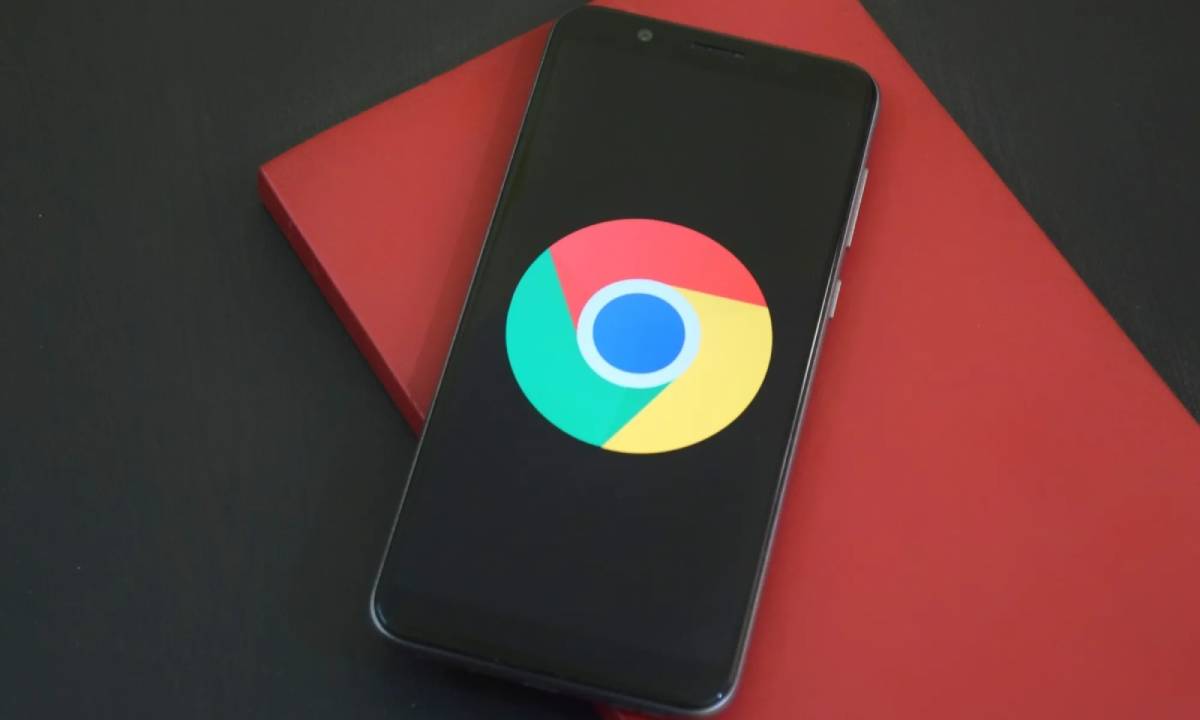Google Suddenly Reveals Huge Free AI Upgrade For All Android Users
Bard Integration Transforms Google Messages with AI Capabilities
The competition between Google, Apple, and Facebook for dominance on smartphones is about to witness a significant development. For Android users, Google has unveiled a substantial AI upgrade that has the potential to transform the user experience on their devices.
The giants in the smartphone operating systems and app ecosystems have engaged in a prolonged battle for user loyalty in messaging applications. Apps like WhatsApp, iMessage, and Google Messages have become central to users’ social networks, drawing them back throughout the day consistently.
As Samsung explores the possibility of a paywall for its smartphone AI services, Google is introducing a potentially game-changing move.
With a pre-existing user interface and user base, there’s no need for additional app installations or the mastery of complex productivity app extensions. This approach offers simplicity akin to ChatGPT, already embedded in every Android smartphone.
Unlocking Possibilities: Bard’s Integration into Google Messages
Over the past two years, Google has diligently positioned its Messages app as the default Android counterpart to iMessage. This effort has involved implementing end-to-end encryption, defaulting to RCS, and rolling out various feature updates.
Having accomplished these milestones, Google is now introducing an AI upgrade that not only connects Messages users but also establishes a connection with Google itself.
As per Bard’s description, it presents itself as a revolutionary development in communication. Functioning as an AI assistant, Bard aims to elevate the messaging experience by streamlining communication, fostering creativity, and delivering information. The positioning is essentially as a personalized AI assistant integrated directly into the messaging app.
After dissecting the latest pre-release APK, 9to5Google suggests that Bard is set to make its way into Google Messages with a mission to assist users in crafting messages, translating languages, identifying images, and exploring various interests.
The integration of Bard into Google Messages opens up possibilities to simplify various tasks, such as creating a recipe or drafting a text for work. However, beyond these immediate applications, the real potential lies in transforming the nature of web search.
Google’s Vision for the Future: Beyond Traditional Search
The release of ChatGPT highlights Google’s recognition that the future of web search extends beyond traditional browser-based interactions, indicating a move towards interactive and conversational search experiences. The incorporation of Bard aligns with Google’s efforts to embrace this shift in user interaction with search functionalities.
The incorporation of AI chatbots into Google Messages heralds a transformative shift in how users interact with search functionalities, moving towards conversational and interactive experiences.
While initial applications may involve AI text composition, image recognition, and basic information requests, the ultimate goal is to leverage AI chatbots for streamlined commerce interactions.
Bard, integrated into Google Messages, aims to be a versatile shopping assistant, offering suggestions for unique gift ideas, comparing product models, tracking prices across retailers, and alerting users to discounts and coupons.
This move aligns with Google’s vision to combine its assistant and messaging functionalities, which previously faced challenges with platforms like Allo. While other messaging platforms, like Telegram, offer chatbot options, Google’s integration within its ecosystem provides a more seamless and user-friendly experience.
The response from competitors, especially Apple and WhatsApp, will be crucial. Apple’s Siri integration into iMessage and WhatsApp’s position within Meta’s stable suggest that they could develop similar functionalities.
Read Also: The Rise of AI: Transforming Business and Daily Life
Changing the Nature of Search Results in Messaging Platforms
Meta’s broader network and cross-platform reach could bring a new dimension to the monetization of AI features, but the challenge lies in balancing user experience with advertising interests.
The implementation of AI in messaging may replicate the ad-driven business model seen in search and other services, emphasizing advertiser-supported free services over subscription-based alternatives.
Leipzig University’s research on the quality of search results for product reviews and recommendations highlights the impact of spam and SEO gamesmanship on search engines. The paper, titled “Is Google Getting Worse?
A Longitudinal Investigation of SEO Spam in Search Engines,” reveals that affiliate marketing strategies incentivize the mass production of content to maximize clicks, affecting the quality of search results.
Read Also: Top 04 Affiliate Networks to Maximize Your Online Earnings
The study, covering Google, Bing, and DuckDuckGo, indicates that all search engines face significant challenges with highly optimized (affiliate) content. With the integration of generative AI in search engines, the researchers anticipate the situation worsening.
As AI-driven updates come to platforms like Google Messages, the nature of search results may change, especially with users seeking information through chatbots. While AI advancements offer valuable features, concerns about the potential impact of spam and the quality of search results persist.
Google Messages’ integration with Bard, an AI assistant, is part of a broader trend, and users can expect more AI add-ons to enhance functionality.
However, users are cautioned about data security and privacy, as Google Messages chats with Bard lack end-to-end encryption, and user data is stored and used to improve algorithms. The official release date for Bard in Google Messages is expected in 2024.









